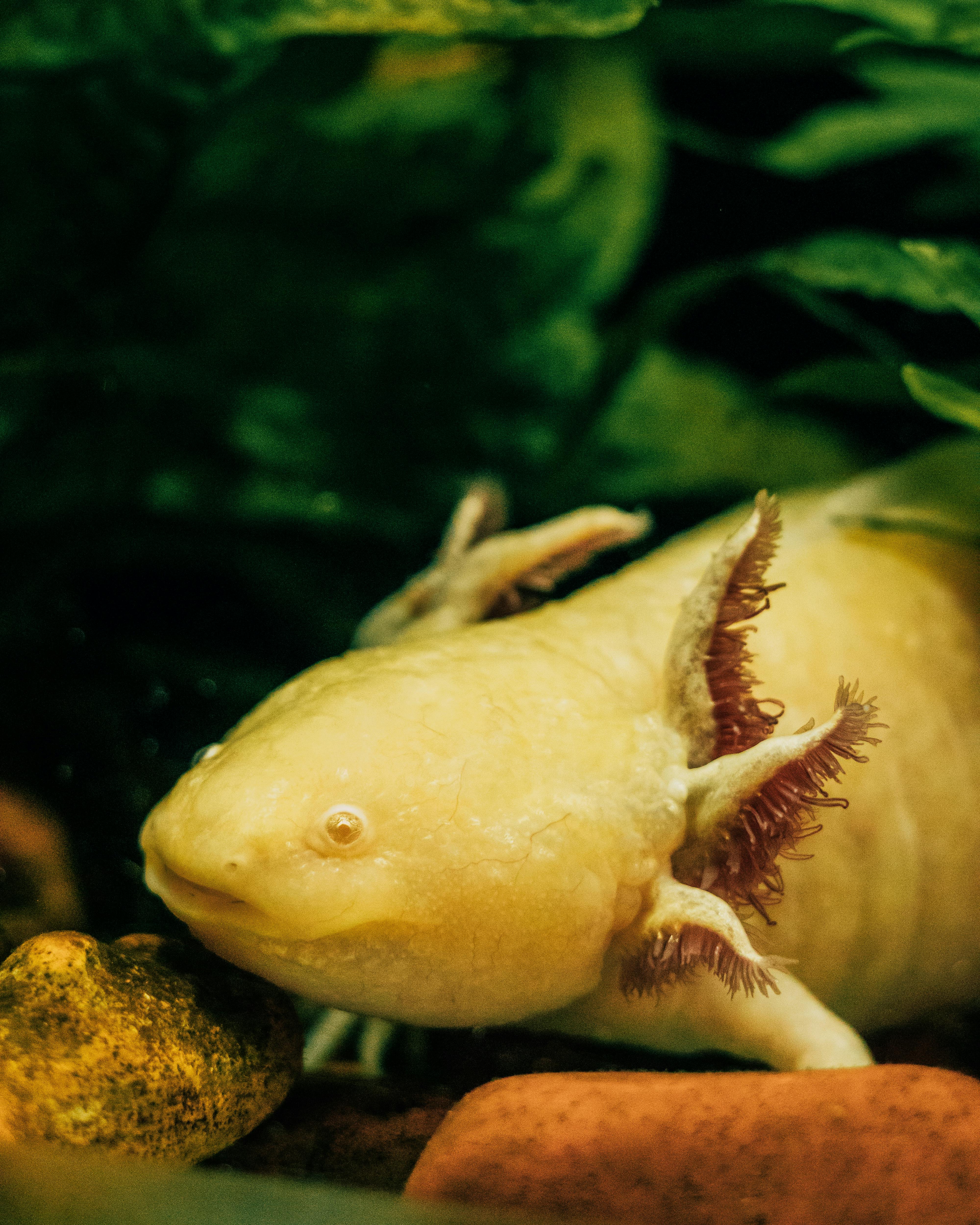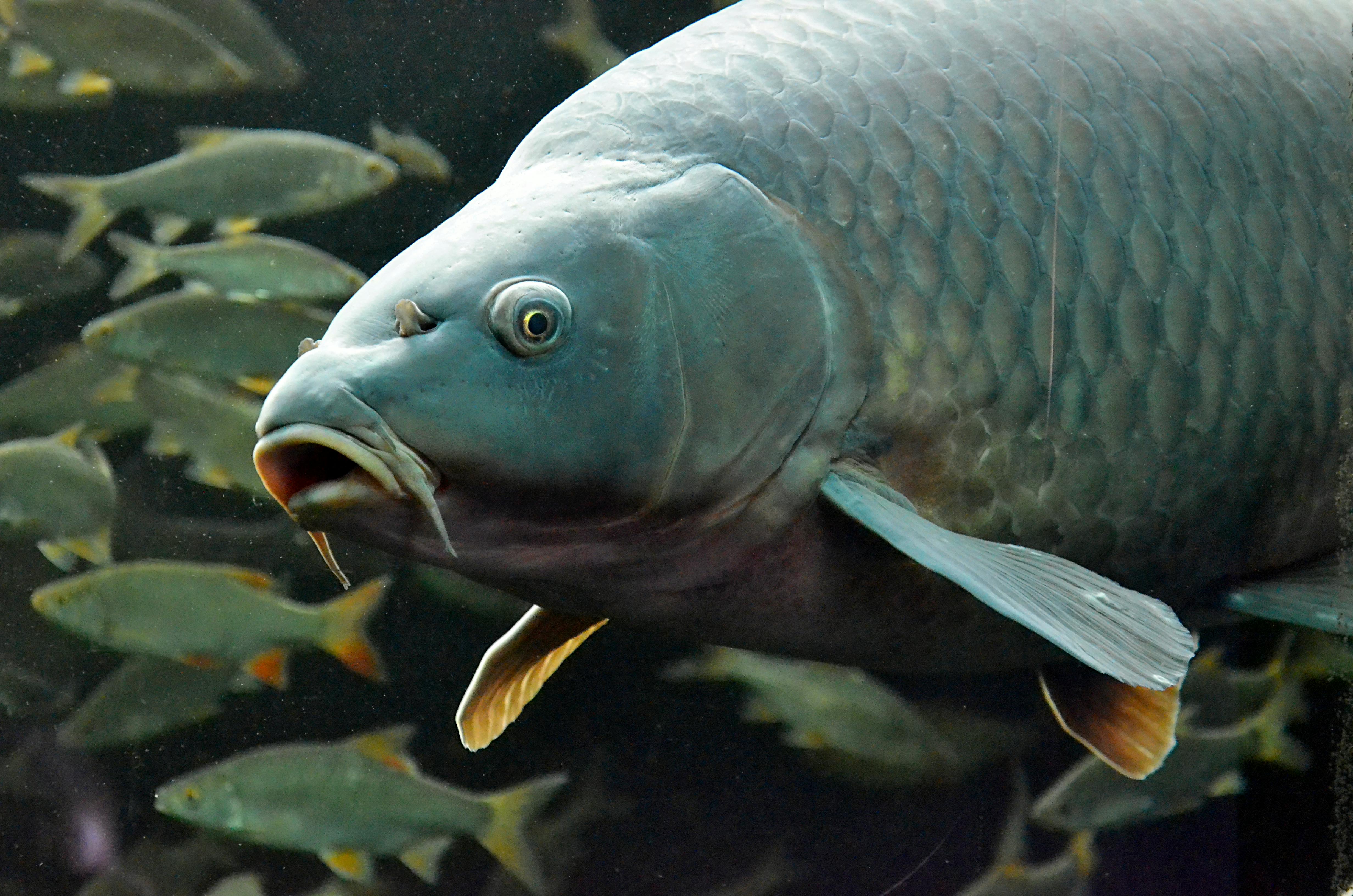
Effective Ways to Choose Discus Tank Mates for 2025
Choosing the right tank mates for your discus fish is essential not only for their comfort and happiness but also for the overall health and stability of your aquarium. As a peaceful, social species known for their vibrant colors and unique personalities, discus require carefully considered tank companions. In 2025, understanding compatible fish for discus and their specific needs is paramount to creating a thriving discus community tank.
This article will guide you through the best practices for selecting appropriate discus tank mates, covering key factors including ideal tank size, water parameters, and the importance of peaceful cohabitation. We will also provide insights on common tank mates to avoid, how to assess discuses' social behavior, and ensure a harmonious environment. You'll be equipped with the knowledge to curate a safe and enjoyable habitat for your discus. Let's dive in!
Key Takeaways: Proper tank mate selection fosters discus health and happiness, a balanced ecosystem, and reduces stress. Understanding discus feeding guidelines and social behaviors is crucial for long-term care.
Understanding Discus Fish Compatibility
When considering the best tank mates for discus, it's essential to start with a firm understanding of their natural behavior and needs. Discus fish are native to the Amazon River basin, where they thrive in warm, soft water with specific pH levels that mimic their natural habitat. A compatible tank mate respects these conditions while providing a peaceful dynamic within the aquarium.
Compatible fish for discus include species that enjoy similar water parameters, such as gentle tetras (like neon and cardinal tetras), peaceful rasboras, and certain freshwater angelfish. However, fish that exhibit aggressive behavior or thrive in different water conditions can cause stress and territorial disputes, ultimately impacting the overall health of your discus community tank.
Maintaining the right discus tank setup is crucial. Ensure that the size is appropriate for the number and types of fish you plan to keep. The ideal tank size for discus would be no less than 50 gallons, providing sufficient swimming space and territory for each species involved.
Assessing Tank Conditions for Discus
To properly care for your discus, understanding their tank requirements is paramount. Discus thrive in warm water, ideally kept between 82°F to 86°F. Maintaining stable temperatures and replicating their native habitat with soft, slightly acidic to neutral pH levels (around 6.0 to 7.0) is crucial for their well-being.
Filtration is another essential aspect of a discus tank. A strong, efficient filtration system helps maintain clean water, reducing the risk of diseases and promoting healthy discus growth. Regular tank maintenance should include routine water changes of 20-30% weekly to keep their environment pristine. Moreover, incorporating plants and decorations can help provide shelter and encourage natural behaviors, such as schooling and hiding.
Best Tank Mates for Discus: Options and Considerations
Building on the fundamentals of compatibility, let's explore some of the best tank mates for discus fish. As previously mentioned, tetras and rasboras are excellent choices due to their peaceful nature and similar habitat requirements. Additionally, larger bottom-dwelling fish like rubber lip plecos can coexist peacefully, provided they're not overly aggressive or territorial.
Community tanks can be enriched by adding a few peaceful species, such as corydoras catfish, which thrive in the bottom layers of the tank and help with cleaning up uneaten food. Another option to consider is some dwarf cichlid species, as long as they are known for their calm demeanor and compatibility with discus. Always remember to monitor interactions and ensure tank mates are not exhibiting signs of aggression.

Tank Mates to Avoid with Discus
Just as it's essential to know which tank mates are compatible with discus, it's equally important to understand the species that should be avoided. Fish like aggressive barbs, some larger cichlid varieties, and species known for nipping fins can create tension and stress in your discus environment. Aggressive fish can display territorial behavior, which disrupts the peaceful dynamic essential to a successful discus community tank.
Additionally, unsuitable tank mates can lead to increased competition for food, affecting discus fish dietary needs. It's crucial to provide a well-balanced diet and feeding frequency that suits all species in the tank, focusing on high-quality food specifically designed for discus.
Caring for a Discus Community Tank
Caring for a discus community tank extends beyond just compatibility; it involves understanding the overall health and maintenance of your aquarium. Discus fish are susceptible to various diseases, often exacerbated by stress from incompatible tank mates or poor water conditions. Regularly monitoring water parameters, including hardness, pH levels, and temperature can play a significant role in preventing illness.
Incorporating plants and proper aquascaping can provide shelter and help replicate the natural environment discus thrive in. Low-light plants like Java fern or Amazon sword can be ideal choices, as they create a relaxing atmosphere while assisting in maintaining water quality.
Discus Feeding Guidelines for a Community Tank
Discus have unique feeding routines that align with their dietary needs. Providing them with a varied diet, from high-quality pellets to live and frozen foods like bloodworms and brine shrimp, can enhance growth and health. It's important to observe feeding behavior, ensuring that all tank mates get their share without hostility. Monitoring feeding frequency is vital, as discus thrive on small, regular meals rather than large portions less frequently.
Common Signs of Stress in Discus
Understanding the behavioral signals of stress in discus can help prevent systemic health issues. Signs may include hiding, changes in color, and decreased appetite. If you notice your discus becoming more aggressive towards other fish or displaying erratic swimming patterns, it may indicate that they are feeling threatened or unhappy in their environment.
Creating a harmonious discus tank not only involves selecting the right tank mates but also recognizing the social behavior of your fish. Regular observation of tank dynamics can help you quickly solve potential issues, ensuring a stress-free living space for both your discus and their companions.

Frequently Asked Questions About Discus Tank Mates
What makes a tank mate compatible with discus?
Compatible tank mates share similar water parameters, are peaceful in nature, and do not outcompete discus for food. Species with gentle dispositions are best.
How big does the tank need to be for discus community setups?
The ideal tank size for discus is at least 50 gallons, which helps provide sufficient swimming space and territory for peaceful species.
Can I keep angelfish with discus?
Angelfish can be kept with discus, but caution is necessary as their compatibility can vary depending on individual behavior.
What are signs that discus are stressed from their tank mates?
Signs of stress include hiding, changes in color, disruptive swimming patterns, or not eating. Address tank dynamics promptly to ensure their well-being.
By integrating the right knowledge and practices, you can create a sustainable environment where discus thrive alongside their chosen companions, ensuring a vibrant and healthy aquarium experience.